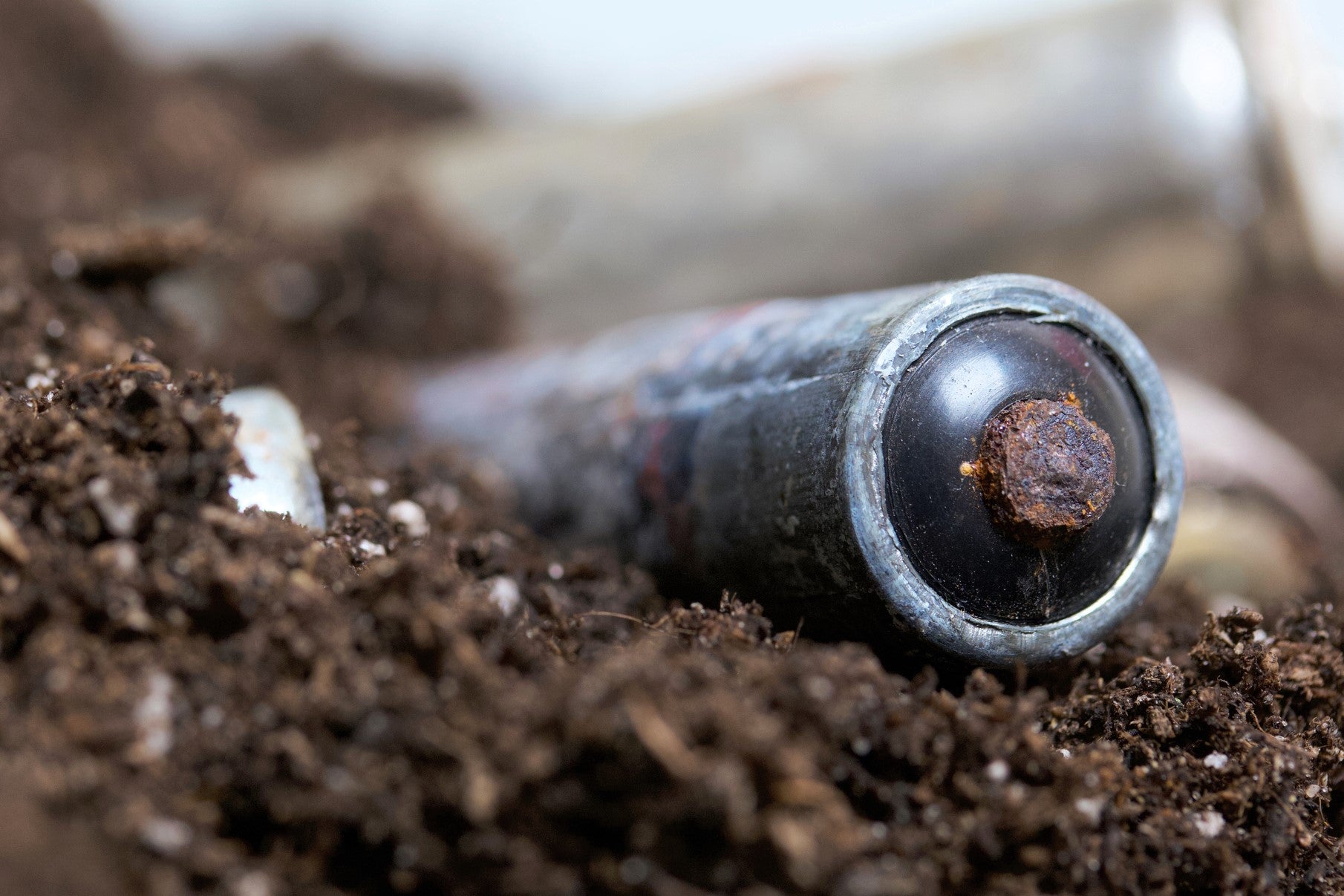Battery breakthrough sees electricity harvested from soil
‘Bacteries’ can harvest electricity while buried underground

Your support helps us to tell the story
From reproductive rights to climate change to Big Tech, The Independent is on the ground when the story is developing. Whether it's investigating the financials of Elon Musk's pro-Trump PAC or producing our latest documentary, 'The A Word', which shines a light on the American women fighting for reproductive rights, we know how important it is to parse out the facts from the messaging.
At such a critical moment in US history, we need reporters on the ground. Your donation allows us to keep sending journalists to speak to both sides of the story.
The Independent is trusted by Americans across the entire political spectrum. And unlike many other quality news outlets, we choose not to lock Americans out of our reporting and analysis with paywalls. We believe quality journalism should be available to everyone, paid for by those who can afford it.
Your support makes all the difference.A new UK startup has developed a bacteria-powered battery that can harvest electricity when buried in soil.
Bactery formed out of the University of Bath in the hope of commercialising the new form of sustainable power and help transform the agriculture sector.
The technology offers a green alternative to current power delivery methods for the sensors and other Internet of Things (IoT) devices that are increasingly used by farmers to increase efficiency, cut costs and maximise yields.
These devices currently rely on either inconvenient single-use batteries that need replacing, or costly and obstructive cabling. Bactery claims its new approach is more practical, affordable, and can last over 25 years without ever needing to be fixed or adjusted.
“Farmers are increasingly valuing the importance of data to make informed decisions towards resource-efficient agricultural practices,” said Professor Mirella Di Lorenzo in an email to The Independent.
“We are removing the barrier to generating that data by creating a sustainable way to power sensors, and making them always-on, cheap, low-maintenance and low-impact.”
Dr Ben Betcalfe added: “This is a powerful illustration of how our Bactery technology could be used, but this is just the first application of what we believe is a great method of generating clean energy in an innovative, sustainable way.”
The renewable energy batteries are a development of Soil Microbial Fuel Cells, which generate electricity from the natural processes that occur in microorganisms that are present in soil.
An early concept built by the researchers in 2019 was successfully tested in a fishing village in Brazil, where it was implemented to power a water filtration system.
A commercial product is not expected until 2026, with the startup hoping to refine the product over the next year in order to enter small-scale production.
“Bringing our product to this stage and putting theory into practice through several years of research has been a challenging, yet incredibly rewarding experience,” said Bactery’s Dr Jakub Dziegielowski.
“I am excited to see the company make a positive difference in agriculture, and in other sectors.”
Join our commenting forum
Join thought-provoking conversations, follow other Independent readers and see their replies
Comments